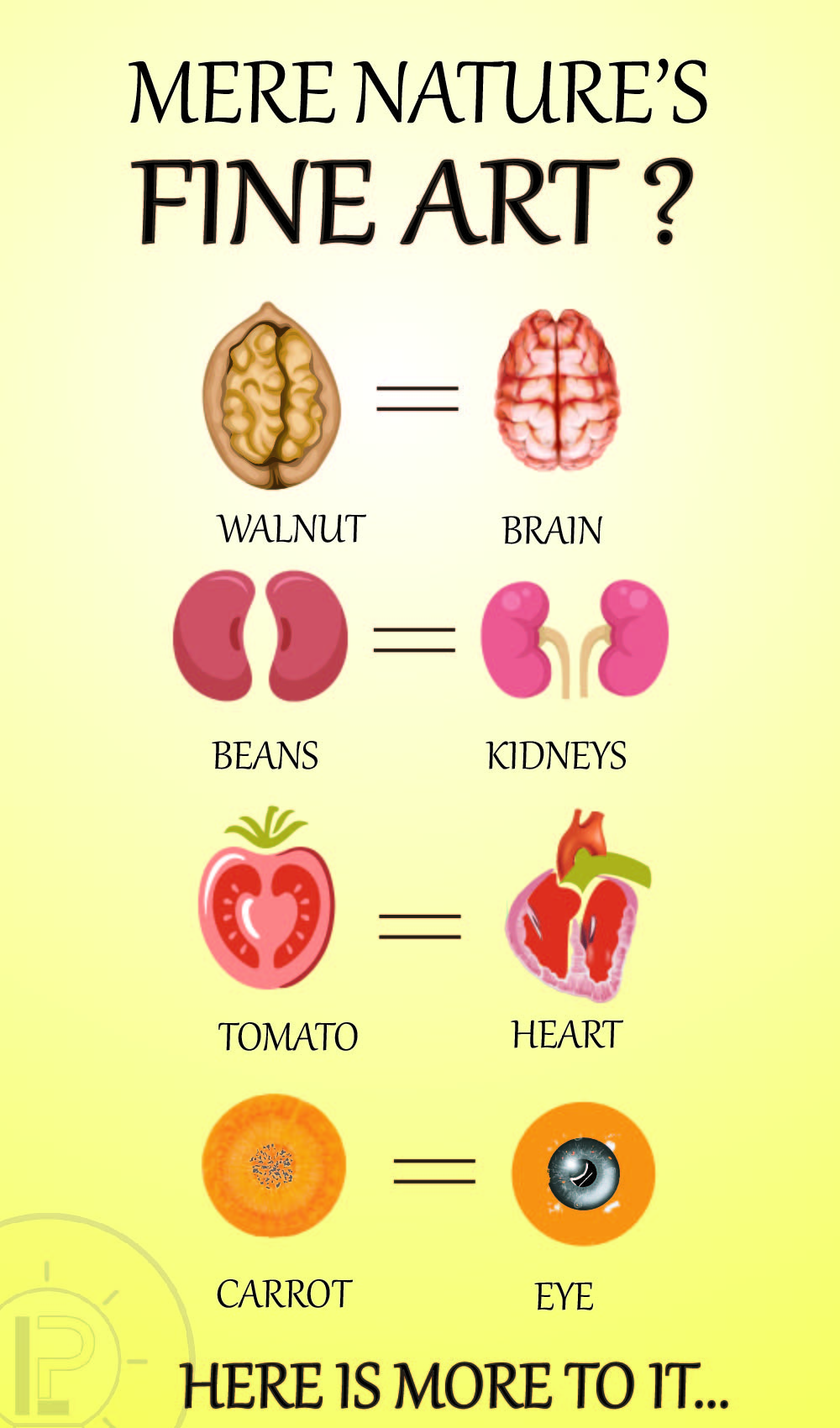Have you ever noticed how walnuts resemble the brain and beans look like kidneys? There are, in fact, other fruits and vegetables that resemble different human organs. So, is this a mere coincidence or there is more to this masterful mimicry? well, It turns out that nature has been giving clear signals.
Whether you are suffering from a temporary loose motion or combating more consistent constipation, nature has all the solutions for your problem. From a simple heartburn to a complex memory loss, here are the 17 fruits that can help different organs function well.
1. Walnuts For The Brain

Walnuts are a rich source of omega-3 fatty acids, which are beneficial for the brain. They help to improve cognitive function and protect the brain from age-related damage. Walnuts also contain antioxidants that help to protect the brain from damage caused by free radicals.
Here are 11 more reasons you should eat a few walnuts every day.
2. Beans for The Kidneys

There are many benefits of beans for kidneys. Beans are a great source of dietary protein and fiber, both of which are important for kidney health. Protein is essential for repairing and maintaining tissues, including those in the kidneys. Fiber helps to keep the kidneys healthy by improving blood circulation and preventing toxins from building up in the kidneys.
Beans are also a good source of antioxidants, which help to protect the kidneys from damage. In addition, beans are low in sodium and high in potassium, both of which are important for kidney health.
3. Tomatoes For the Heart
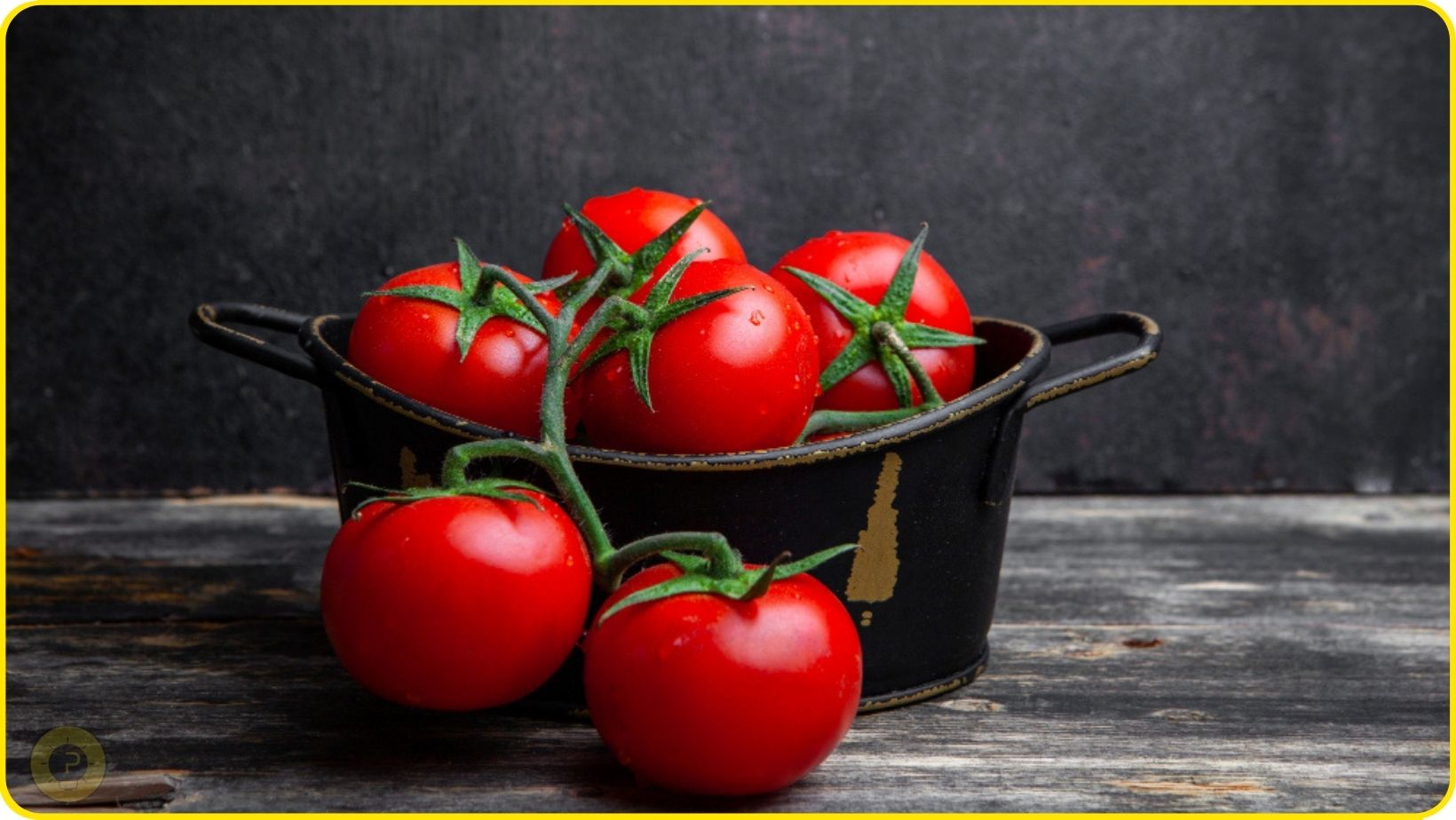
Tomatoes are a good source of lycopene, an antioxidant that helps protect the heart from damage. Lycopene may help keep the arteries clear of plaque and reduce the risk of heart disease. Tomatoes are also a good source of vitamin C, potassium, and fiber, all of which are important for heart health.
4. Carrots For Vision/Eyes

Carrots are a great source of beta-carotene, a nutrient that is converted into vitamin A in the body. Vitamin A is important for healthy vision. It helps to protect the eye from glare and light sensitivity, and it is also necessary for the production of tears.
Other benefits of carrots for vision include protecting the eyes from damage caused by free radicals, sourcing vitamin C, and providing lutein and zeaxanthin, two antioxidants that help to protect the eyes from age-related macular degeneration.
5. Ginger for Digestive System
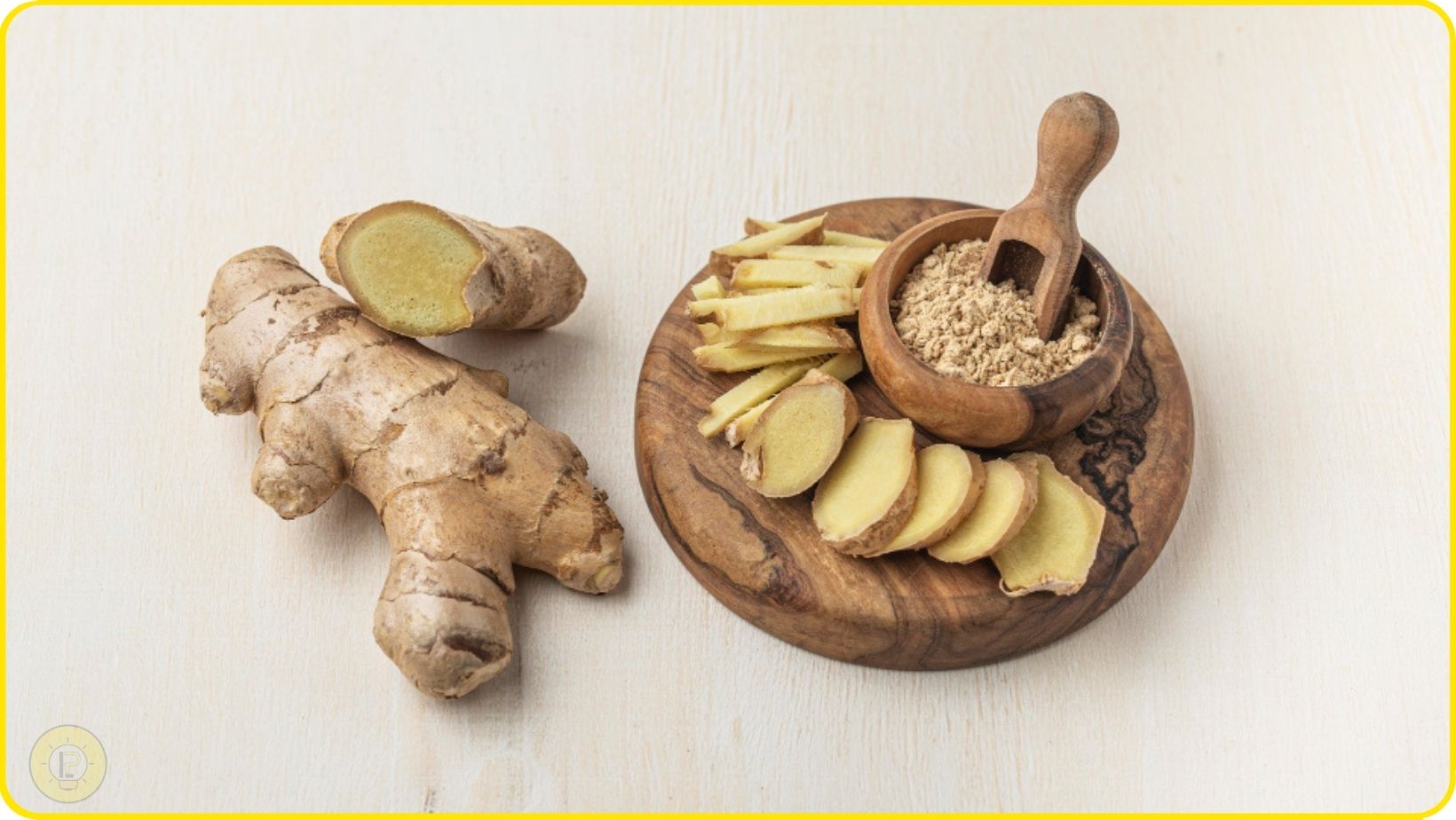
Some of the benefits of ginger for the digestive system are that it helps to improve digestion, relieve indigestion, nausea, and vomiting, and decrease bloating. Ginger is also a carminative, meaning that it helps to expel gas from the intestines, and it is a stomach settler, which means that it helps to calm and soothe the stomach.
Additionally, ginger has anti-inflammatory properties, which can help to relieve inflammation in the gut.
6. Orange For Bone Health

Oranges are a good source of vitamin C, potassium, and other nutrients that are beneficial for bones. A diet high in these nutrients may help to protect bones from fractures and osteoporosis. Orange also contains flavonoids which are beneficial antioxidants.
7. Figs For Male Fertility

Fig is a great fruit for male fertility. It is packed with antioxidants, which help protect the sperm from oxidative damage. The high fiber content in figs also helps keep the digestive system functioning optimally, which is important for sperm health. Additionally, figs are a good source of zinc, which is essential for healthy sperm production.
8. Apricots for Diabetes
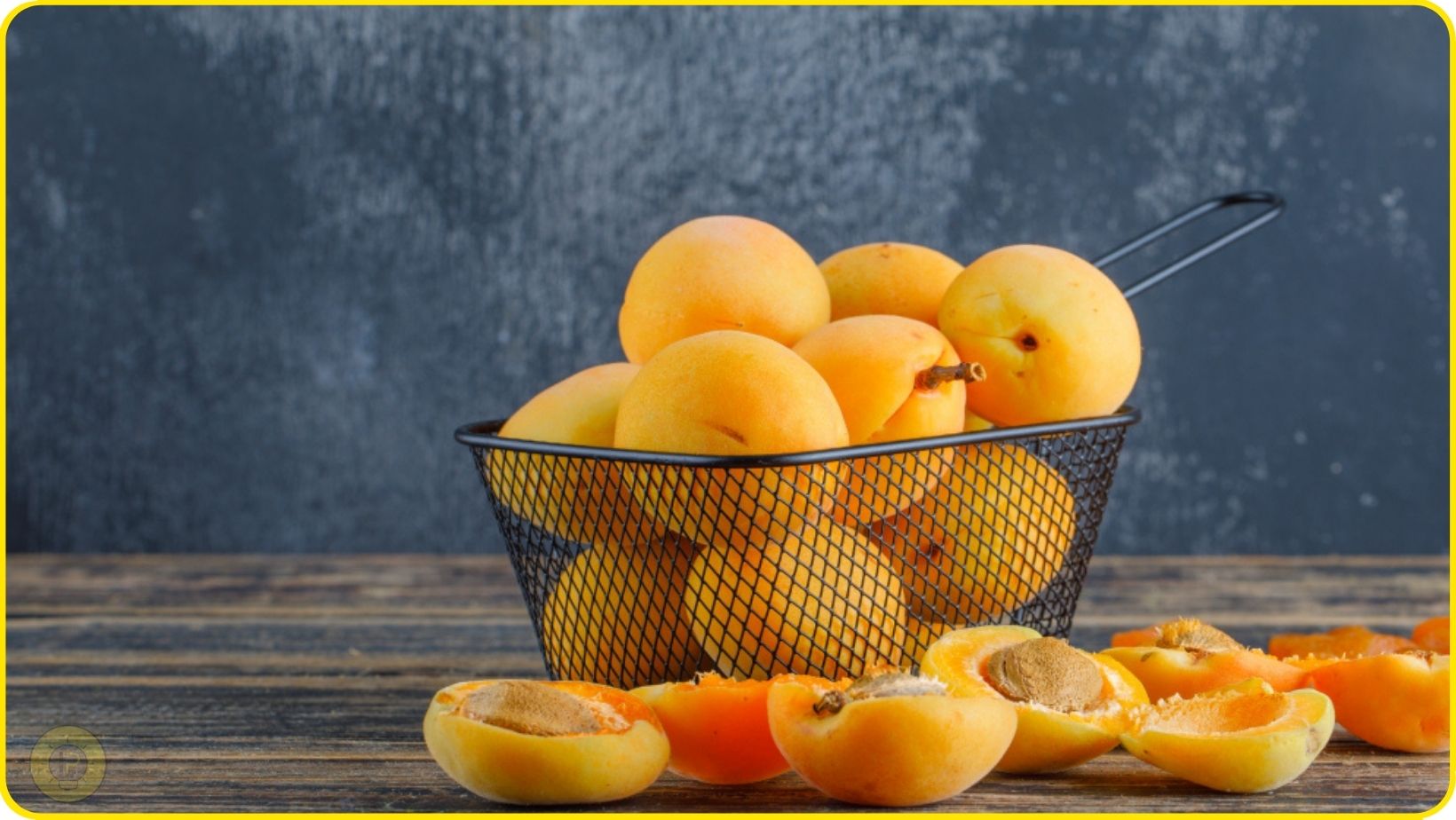
Apricots are a great source of dietary fiber, vitamin A, vitamin C, and potassium. They also contain antioxidants which may help to protect cells from damage. All of these nutrients may offer some benefits for people with diabetes.
Dietary fiber may help to regulate blood sugar levels, while vitamin A and C may help to improve insulin sensitivity. Potassium may help to prevent blood sugar spikes after eating. Additionally, the antioxidants in apricots may help to protect cells from damage, which could reduce the risk of developing diabetic complications.
9. Pineapple For Weight Loss
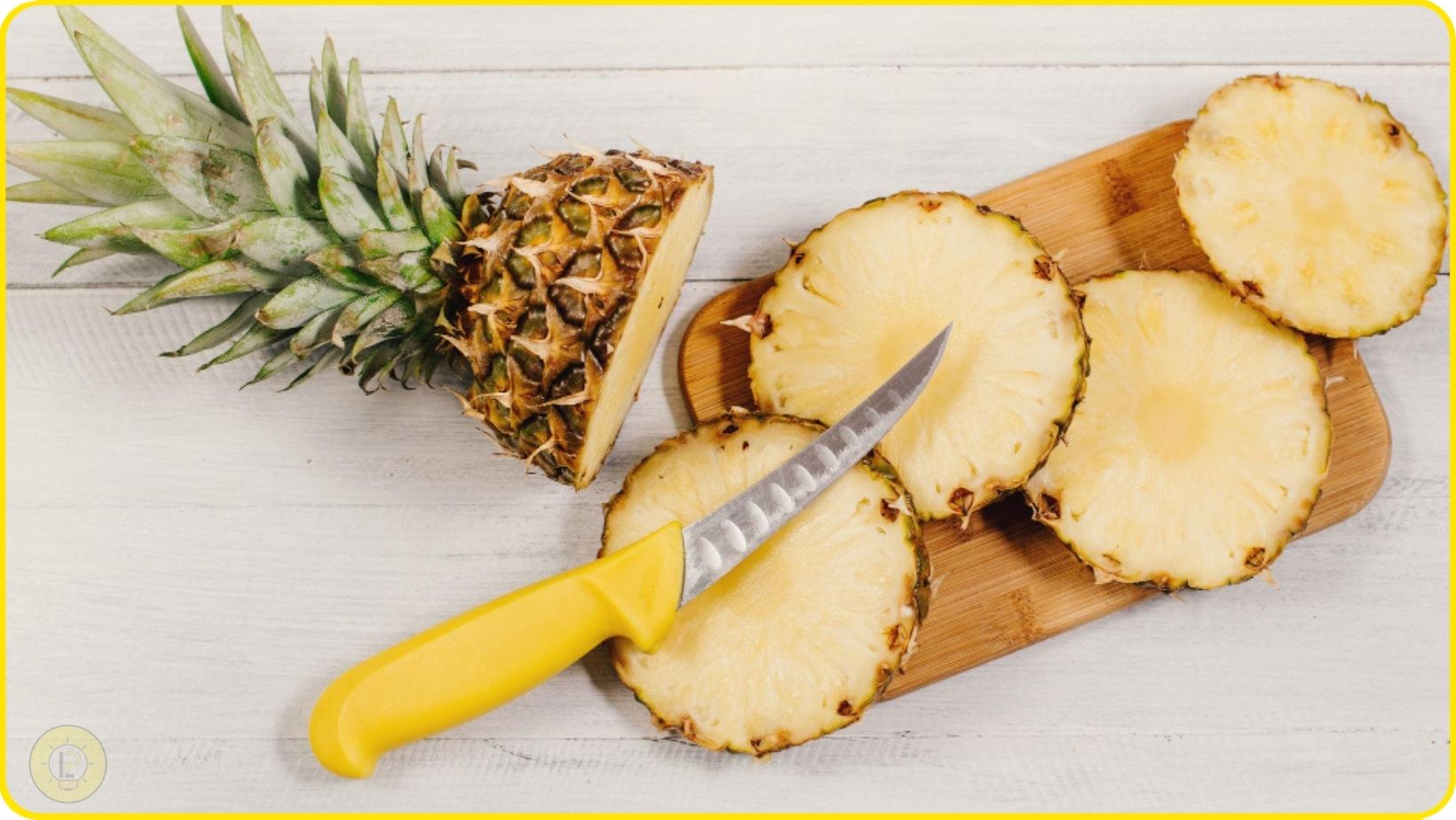
Pineapple is a nutritious fruit that is low in calories and high in fiber. It is a good source of vitamin C and a variety of other nutrients. Pineapple is also a good source of antioxidants, which can help protect the body from damage caused by free radicals. Additionally, pineapple is a natural source of bromelain, a digestive enzyme that can help digestion and may also promote weight loss.
10. Berries For The Hair
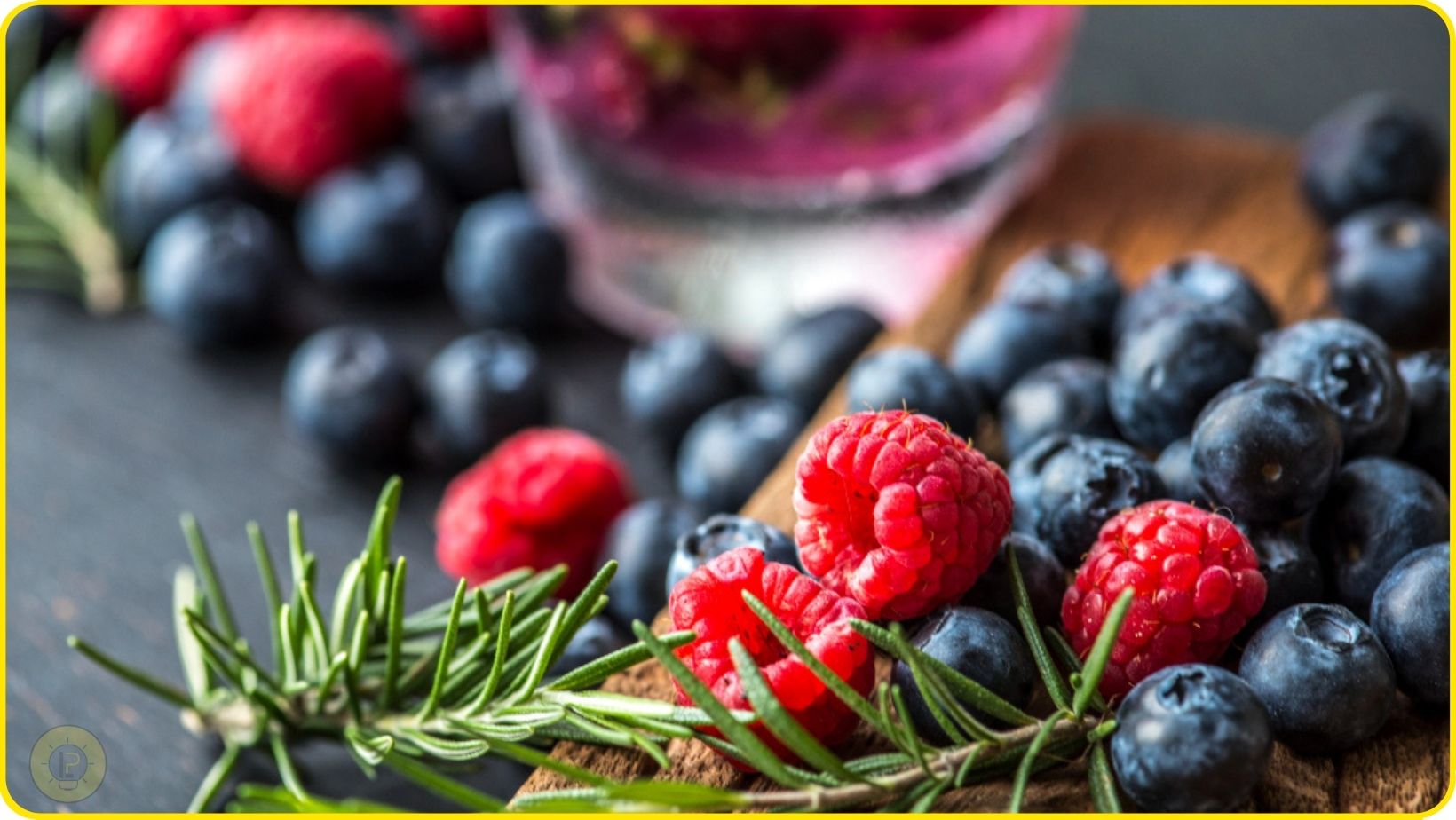
Berries are a delicious and nutritious way to improve hair health. They are packed with antioxidants, vitamins, and minerals that are essential for healthy hair growth. They help to nourish and protect the hair shaft, promote hair growth, and reduce hair loss. Berries are also a good source of essential fatty acids, which help to keep the hair shaft healthy and moisturized.
11. Watermelon For The Skin
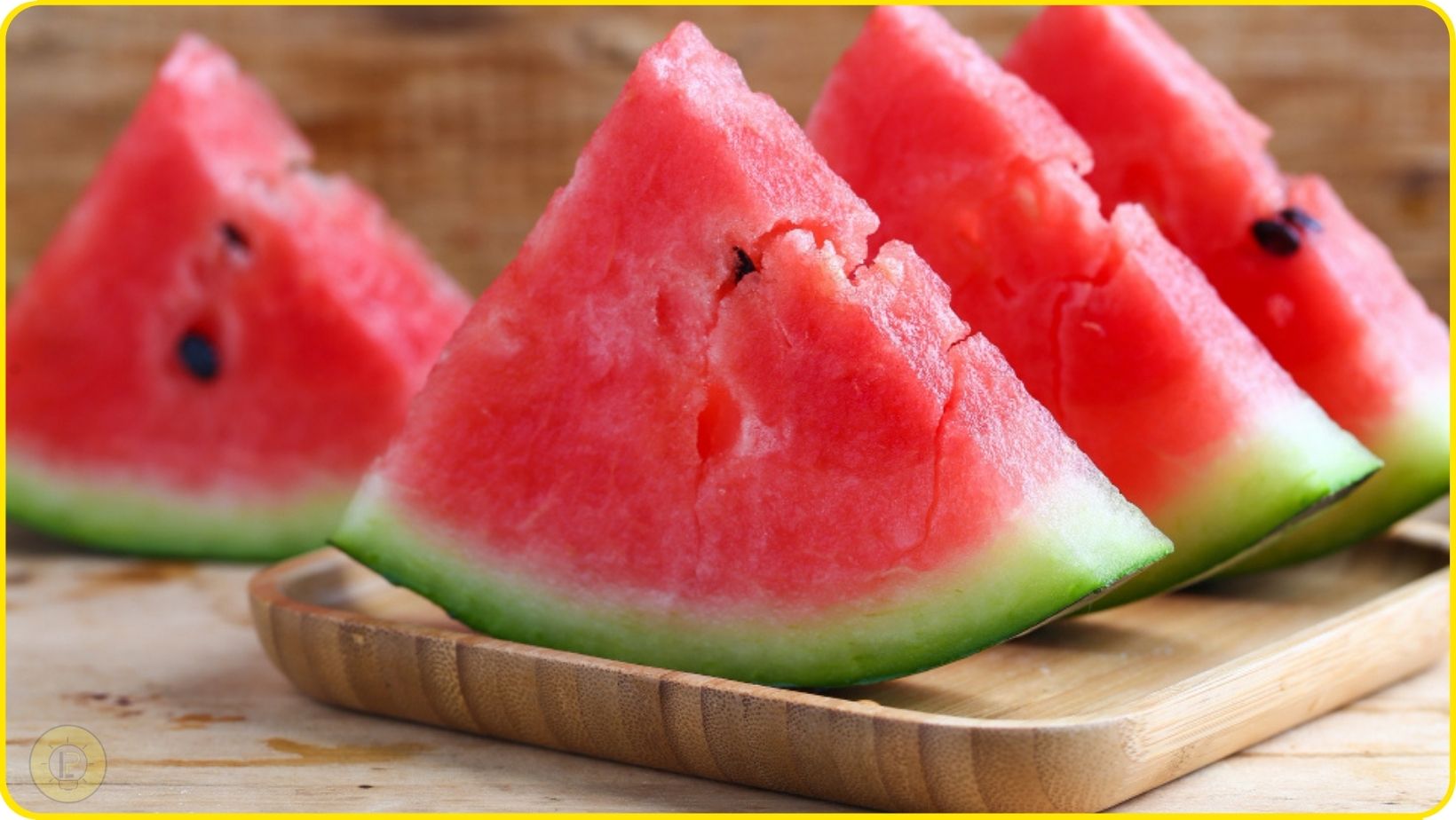
Watermelon is a great source of lycopene, an antioxidant that scavenges harmful toxins and reduces the risk of skin cancer. Lycopene also helps to reduce the signs of aging. Watermelon is also a good source of vitamin A, which is essential for healthy skin. Vitamin A helps to keep skin soft, smooth, and free from blemishes.
12. Mangos For The Lungs
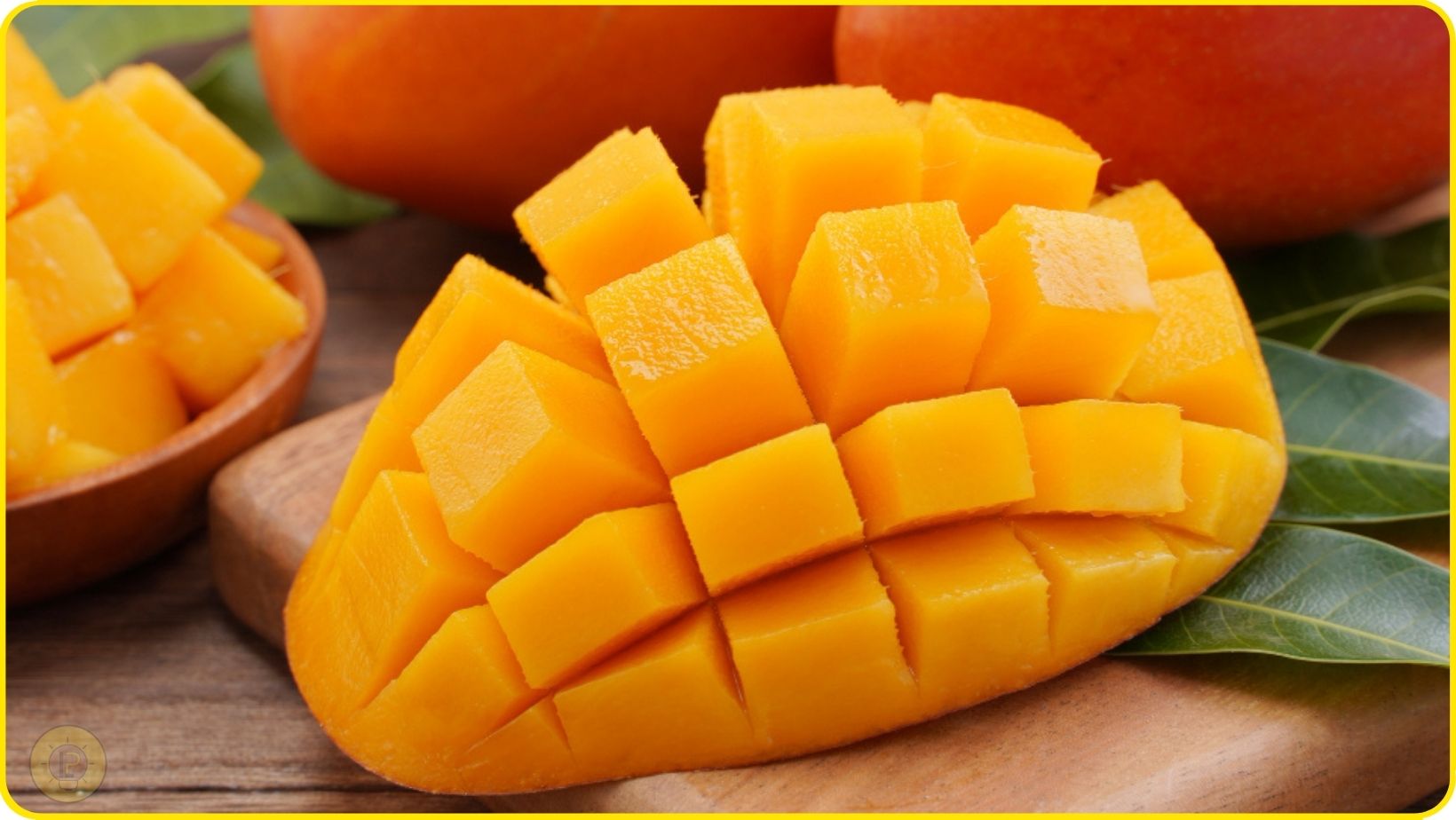
Mangos are a delicious and nutritious fruit that is beneficial for the lungs. Mangos are a rich source of antioxidants, including vitamin C, which helps to protect the lungs from damage caused by free radicals. The vitamin C in mangos also helps to boost the immune system, which can help to fight off respiratory infections. The fruit is also a good source of dietary fiber, which can help to keep the lungs clear of mucus. Additionally, vitamin A in mangos helps to keep the lungs healthy and functioning properly.
13. Green Pees For Pregnancy
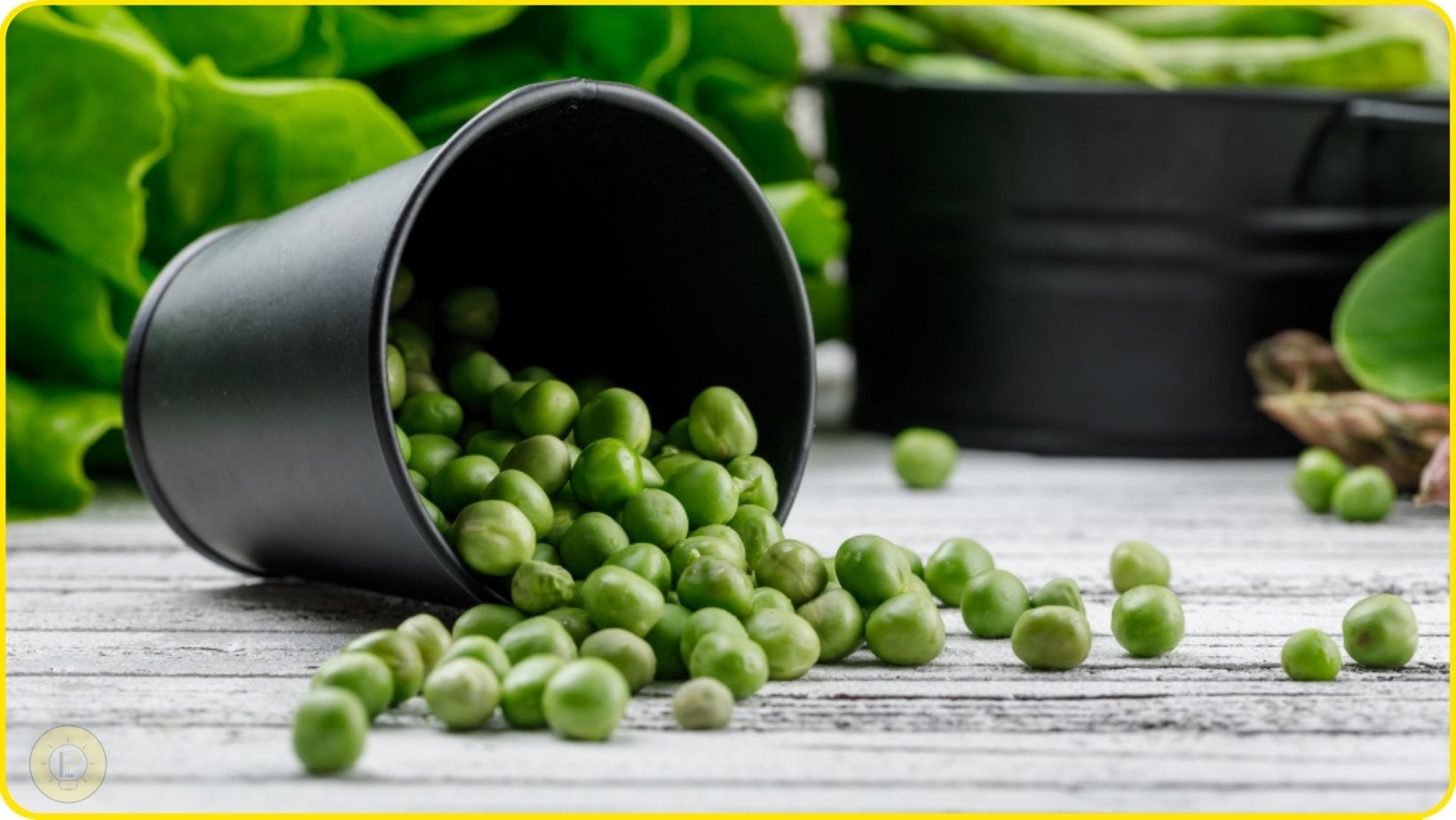
Green peas are a great source of fiber, vitamin C, vitamin K, and folate. All of these nutrients are important for pregnant women. Fiber helps keep digestion regular, vitamin C helps keep the immune system strong, vitamin K is important for blood clotting, and folate helps prevent birth defects. Green peas are also a good source of protein and iron, both of which are important for pregnant women.
14. Apples for Cholesterol
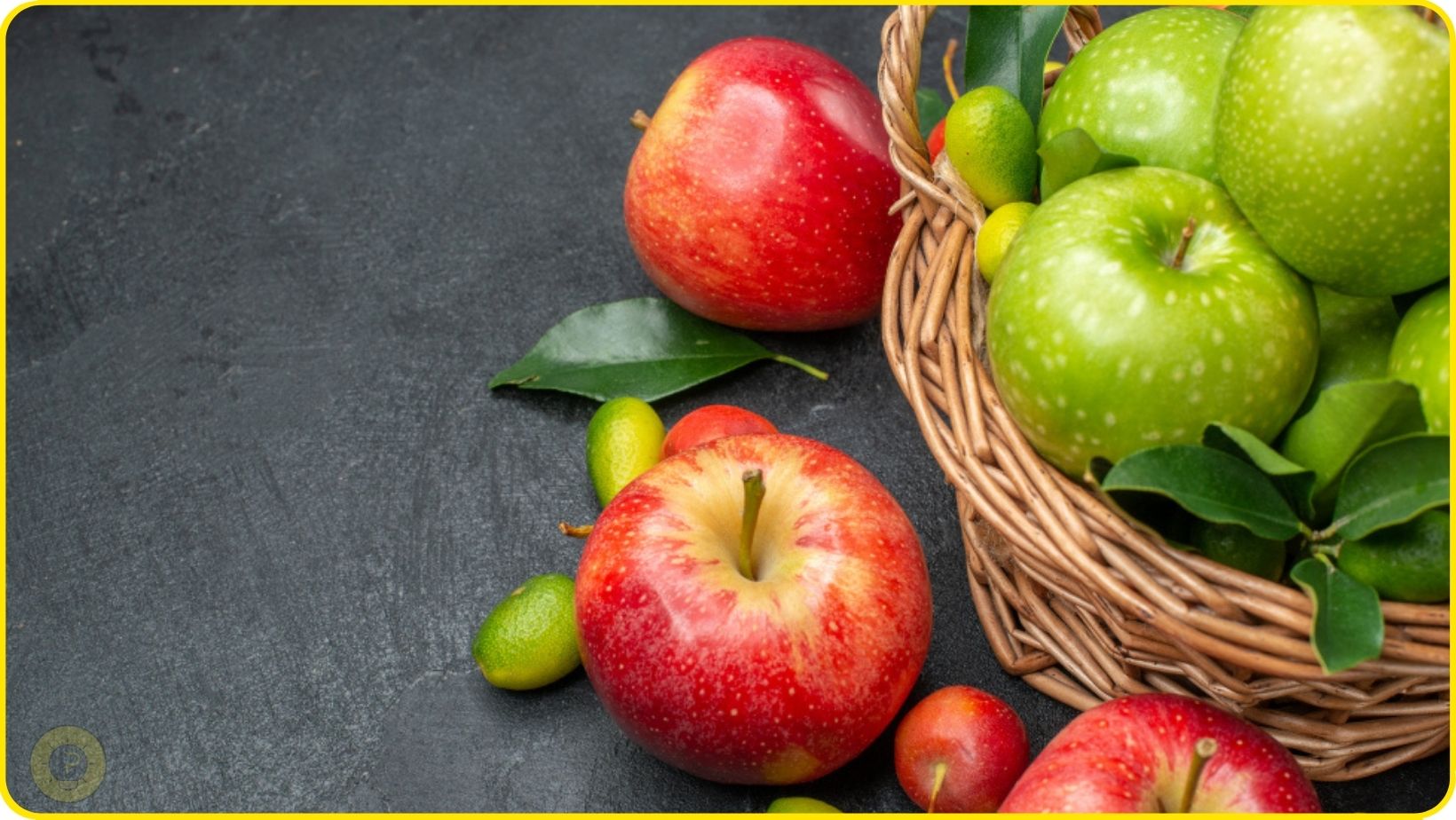
Apples are a great source of soluble fiber, which can help to lower cholesterol levels. A diet high in soluble fiber can help to remove cholesterol from the blood, which can help to reduce your risk of heart disease. Apples are also a good source of antioxidants, which can help to protect your heart from damage.
15. Almonds for Memory
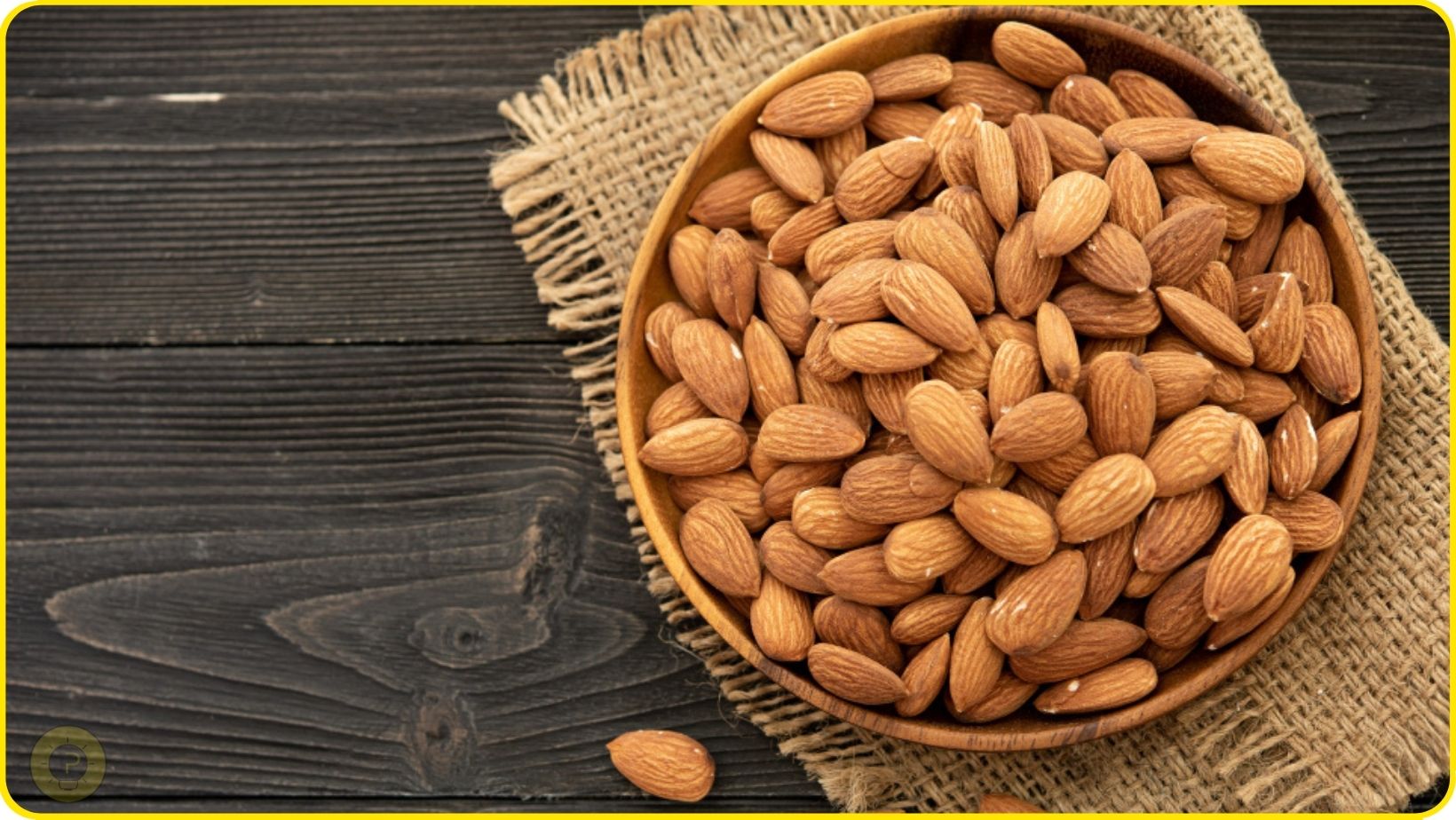
Almonds are a great source of vitamin E, which helps protect cells from damage and may help keep your mind sharp as you age. They are also a good source of magnesium, which is known to help improve memory and cognitive function. Consuming almonds regularly may help improve your memory and cognitive function, and may help protect your brain from age-related damage.
16. Grapes for Constipation
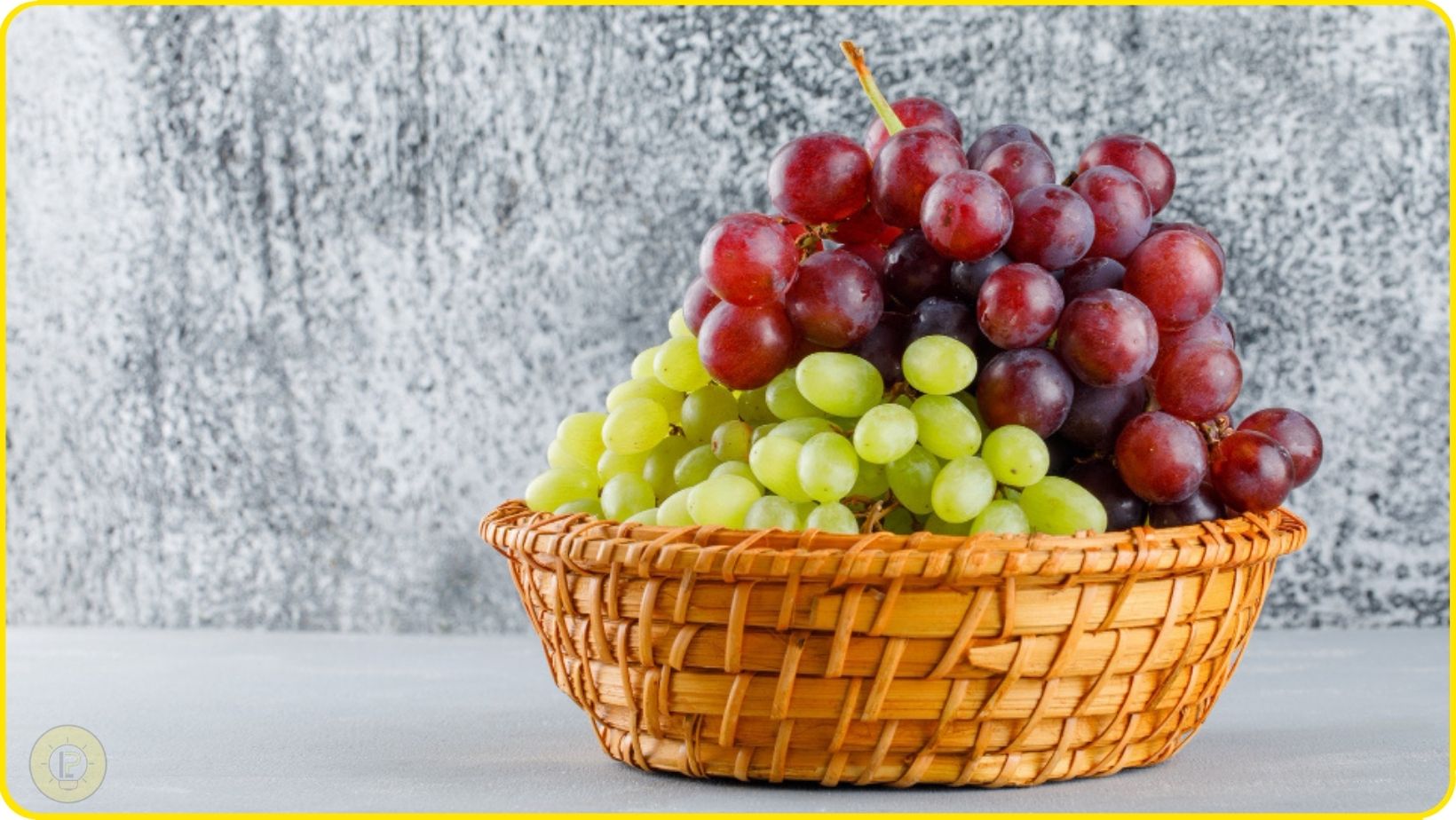
Grapes are a popular fruit that is often enjoyed as a snack or in a recipe. Grapes are a good source of fiber, which is beneficial for constipation. Fiber helps to add bulk to the stool and makes it easier to pass. Grapes also contain antioxidants, which can help to protect the body from disease.
17. Bananas For Loose Motion
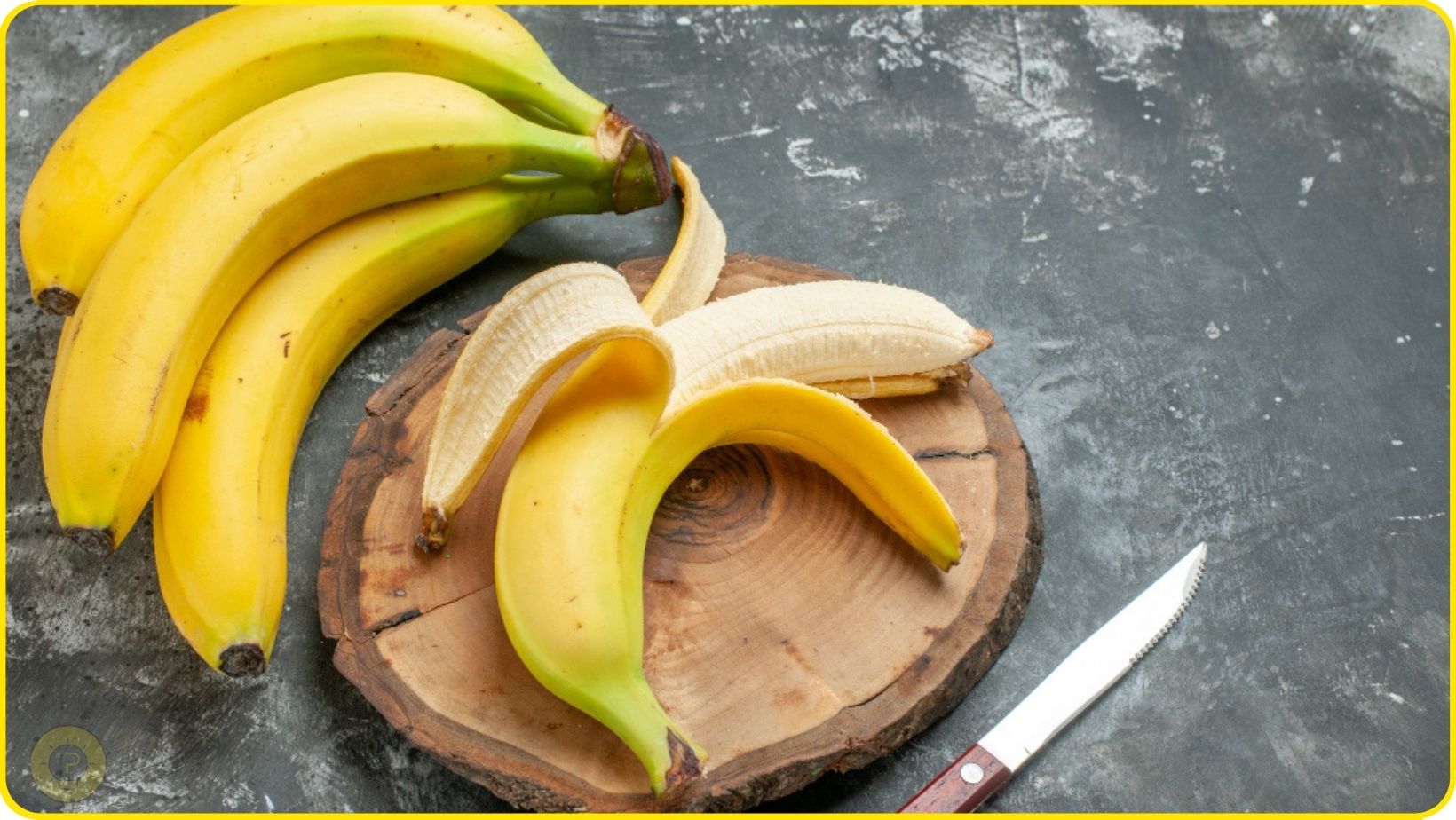
Bananas are a great way to help with loose motion as they are high in potassium and help to restore electrolytes that are lost during diarrhea. Bananas are also high in dietary fiber which can help to bulk up stool and promote regularity. Additionally, bananas are a good source of vitamin C which can help to boost the immune system.
What other fruits help with different health problems? We would love to know your thoughts.
